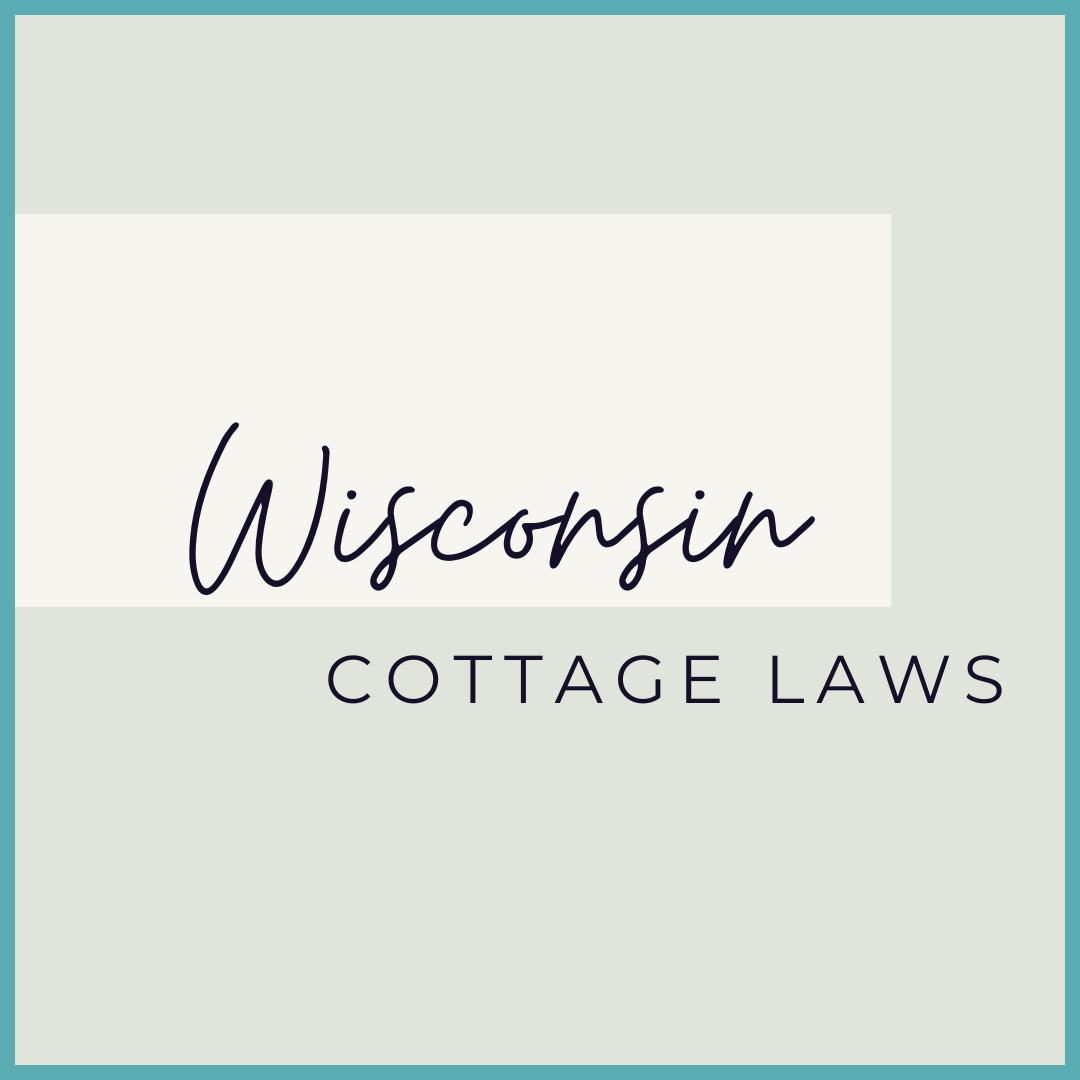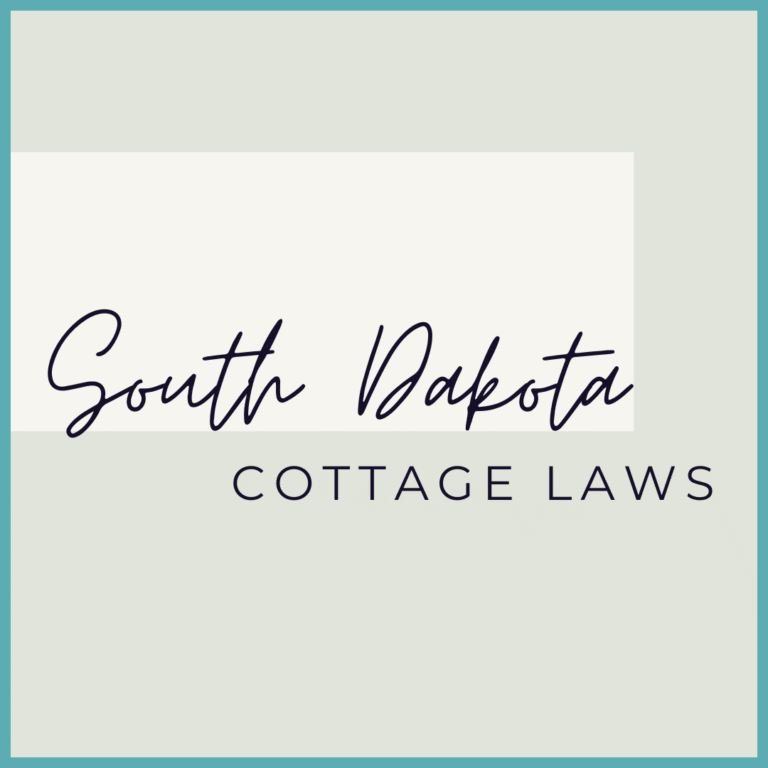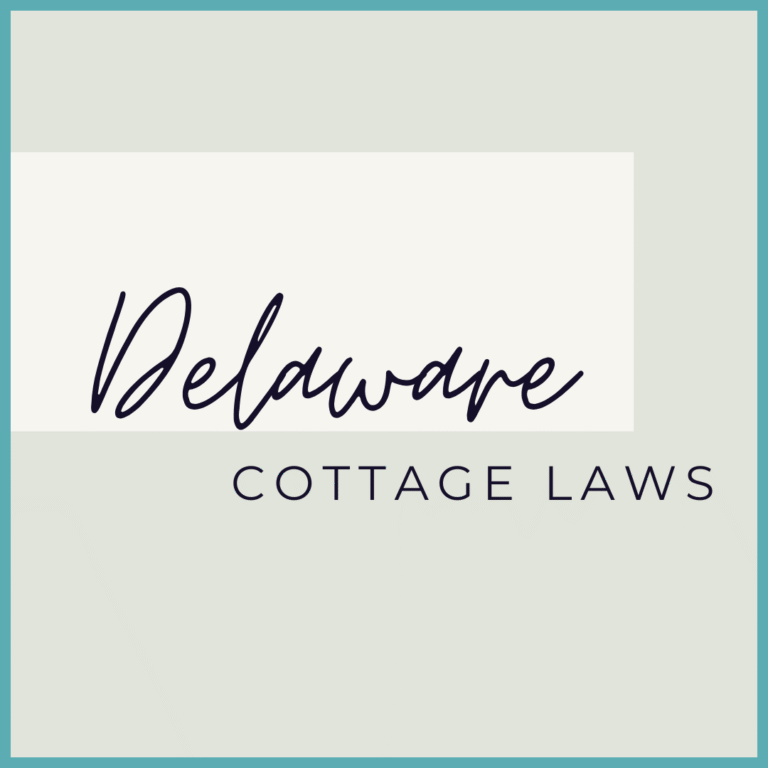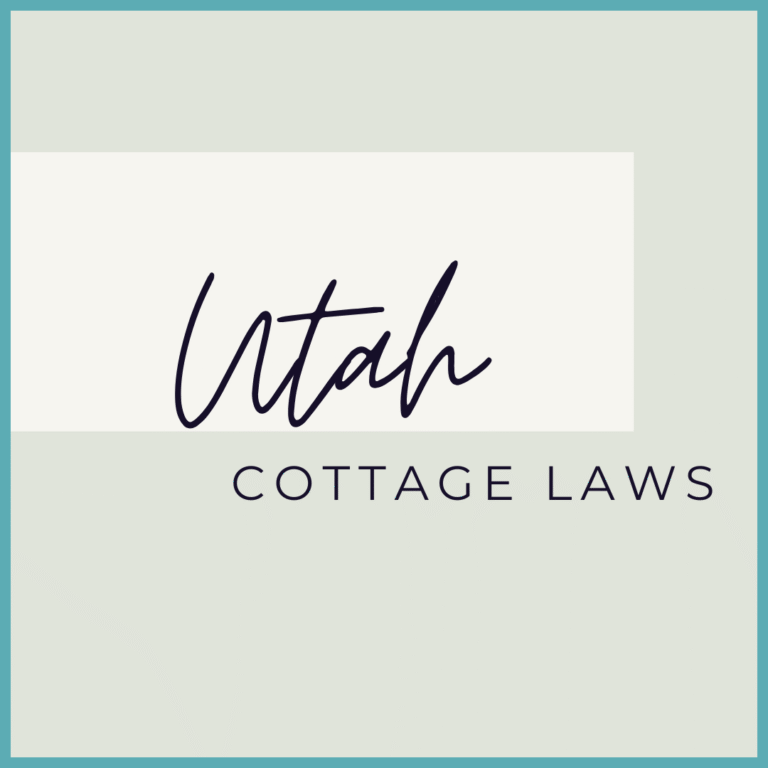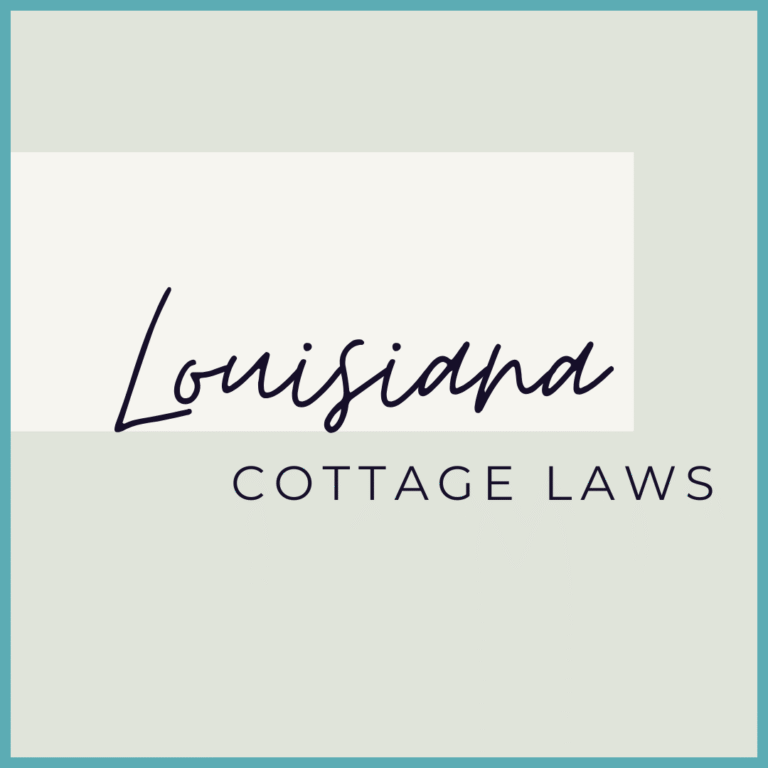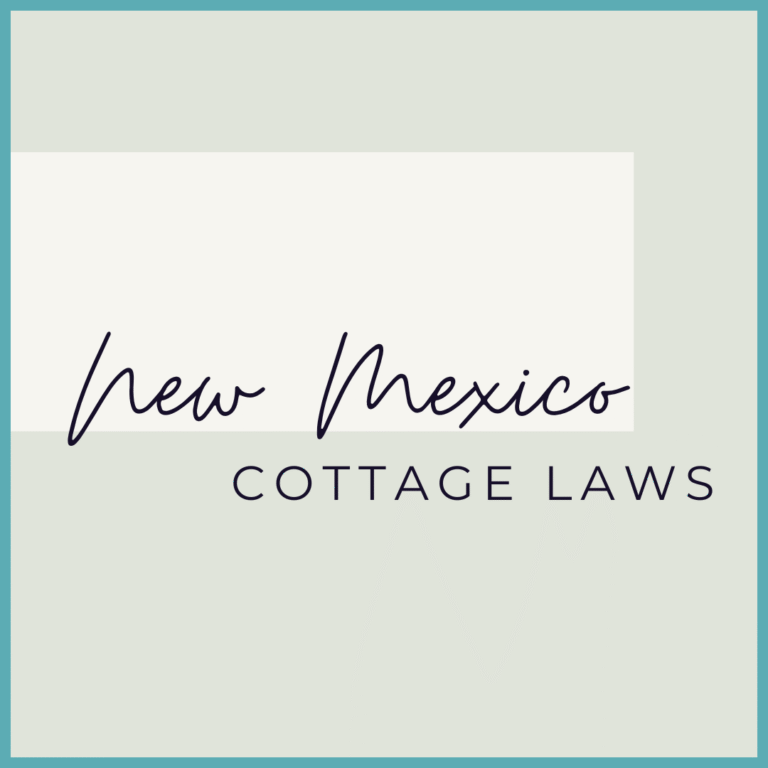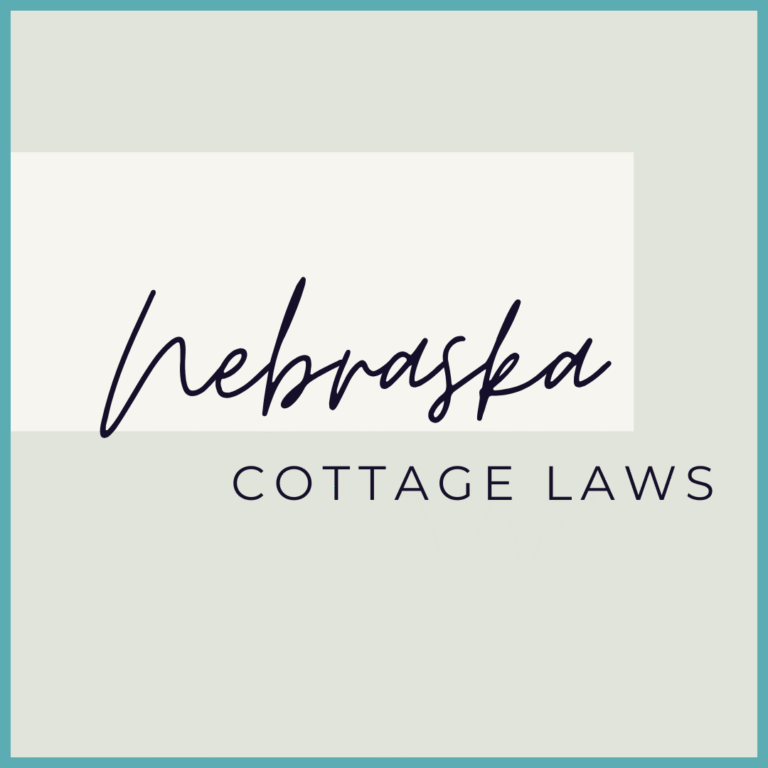Wisconsin Cottage Laws
Wisconsin's unique cottage food journey: how lawsuits created opportunities for home bakers
Wisconsin has one of the most unique cottage food stories in America. Unlike other states that passed legislation to allow cottage food sales, Wisconsin's home baking freedom came through successful lawsuits led by determined farmers and the Institute for Justice. This unconventional path has created both opportunities and challenges for Wisconsin home bakers. This guide will help you understand the current legal landscape and how to start your cottage food business in the Badger State.
Current Status: Wisconsin home bakers are back to being able to sell only non-potentially hazardous baked goods, as established in the original 2017 ruling.
What You Can Legally Sell Now
Thanks to the 2017 court victory, Wisconsin home bakers can sell non-potentially hazardous baked goods directly to consumers. Here's what this means:
Allowed Baked Goods
Definition: Items exposed to dry heat at temperatures above 140°F in a closed chamber (like an oven), including items made in waffle makers or Dutch ovens.
Examples include:
- Breads, rolls, and bagels
- Cookies, brownies, and bars
- Cakes, cupcakes, and wedding cakes
- Muffins, biscuits, and scones
- Pies (fruit pies, not cream pies)
- Pastries and sweet breads
- Crackers and pasta
- Tortillas and flatbreads
- Granola (if oven-baked)
What Makes Food “Non-Potentially Hazardous”
A food is non-potentially hazardous if it has one or more of these characteristics:
- Water activity (Aw) of 0.85 or less
- pH of 4.6 or less
- Low moisture content that inhibits bacterial growth
Most traditional baked goods like cookies, muffins, cakes, and breads naturally fall into this category.
What You CANNOT Sell
The restrictions are quite specific:
Non-Baked Items (even if safe):
- Rice Krispies treats (made on stovetop)
- Caramel corn (unless oven-made)
- Roasted nuts (unless oven-roasted)
- Candies and chocolates
- Dried herbs or coffee beans
- Marshmallows
- Items made primarily in air fryers
Potentially Hazardous Baked Goods:
- Cream-filled pastries
- Custard-filled items
- Fresh cream frostings requiring refrigeration
- Cheesecakes
- Items with meat fillings
The Absurd “Oven Test”
Here's where Wisconsin's law gets quirky: How you make something matters more than what you make. Rice Krispies treats made on the stovetop? Illegal. The same treats made by melting marshmallows in the oven? Potentially legal. This highlights the unusual nature of Wisconsin's court-created rules.
How to Get Started
Unlike states with formal cottage food programs, Wisconsin doesn't have official registration or licensing for home bakers. Here's your path forward:
Step 1: Ensure Your Products Qualify
- Must be baked goods (oven, waffle maker, or Dutch oven)
- Must be non-potentially hazardous (when in doubt, get lab testing)
- If uncertain: Submit your recipe to a certified Wisconsin lab for water activity testing (around $25)
Step 2: Set Up Your Home Kitchen
- Use your personal home kitchen (commercial kitchens must be licensed)
- Maintain good sanitation practices
- Keep pets away from food preparation areas
- Store ingredients and finished products properly
Step 3: Create Labels (Strongly Recommended)
While not legally required, the Wisconsin Farmers Union strongly recommends labeling with:
- Business name and address
- Product name
- Production date
- Ingredient list (in descending order by weight)
- Allergen information
- Statement: “Made in a home kitchen not inspected by the state”
Step 4: Start Selling
You can immediately begin selling through:
- Direct sales from your home
- Farmers markets and events
- Online orders (within Wisconsin only)
- Mail orders (Wisconsin addresses only)
- Roadside stands
Sales and Income Rules
No Sales Limit!
Unlike many states, Wisconsin has no annual sales cap for baked goods. The Wisconsin Farmers Union notes: “Until the Cookie Bill officially passes, we do not have a gross sales cap in Wisconsin. That means the sky is the limit!”
Geographic Restrictions
- In-state only: All sales must occur within Wisconsin
- Wisconsin addresses only: Mail orders must go to Wisconsin addresses
- Direct sales only: Cannot sell to retailers for resale
The “Pickle Bill” Alternative
Remember, you can also sell up to $5,000 annually of canned goods under the separate Pickle Bill:
- Jams, jellies, and preserves
- Pickles, sauerkraut, and fermented foods
- Acidified foods like salsas
- Other home-canned goods
This means you could potentially have both a baking business (unlimited) and a canning business ($5,000 cap) operating simultaneously.
Current Challenges and “No-Man's Land”
Wisconsin cottage food advocates describe their situation as being in a “no-man's land” because:
Lack of Clear Regulations
- No official law – everything is based on court rulings
- Ongoing legal uncertainty – appeals and new cases create confusion
- No formal guidance from the state
Restrictive Interpretation
Wisconsin remains one of the most restrictive states because:
- Only baked goods allowed (not even safe unbaked items like granola bars)
- Strict interpretation of what constitutes “baking”
- Absurd distinctions (oven vs. stovetop preparation)
Legislative Gridlock
- Multiple attempts at a formal Cookie Bill have failed
- Opposition from baking and grocery industry associations
- Cottage food advocates sometimes oppose bills with low sales caps
The Wisconsin Cottage Foods Association
The Wisconsin Cottage Foods Association, led by advocates like Dela Ends and Jobea Murray, continues working for expanded cottage food rights. As Murray explains:
“We're not selling time-temperature controlled foods — we're not trying to sell you a shrimp cocktail out of the back of our station wagon. We're asking to sell cupcakes, cookies, marshmallows and Rice Krispie treats, things that have such a low risk of food-borne illnesses.”
Essential Resources
Official Information:
- Wisconsin Department of Agriculture, Trade and Consumer Protection (DATCP)
- Licensing specialists: datcpdfslicensing@wisconsin.gov or (608) 224-4923
Advocacy and Support:
- WisconsinCottageFood.com – Created by Wisconsin Farmers Union
- Wisconsin Cottage Foods Association Facebook Page – Updates and community
- Institute for Justice – Legal advocacy organization
Testing Labs:
- University of Wisconsin Extension – Maintains list of certified labs for water activity testing
- Cost: Typically around $25 per product test
Food Safety Best Practices
Even though training isn't required, following food safety practices protects you and your customers:
Kitchen Safety:
- Maintain clean work surfaces and equipment
- Wash hands frequently
- Use clean utensils and storage containers
- Keep pets away from food preparation areas
- Store ingredients at proper temperatures
Product Safety:
- Use quality ingredients
- Follow tested recipes
- Store finished products properly
- Label with production dates
- Don't sell items past their peak quality
Record Keeping:
- Track production dates and batches
- Maintain customer contact information
- Keep ingredient purchase records
- Document any customer complaints
Looking Ahead: Potential Changes
Possible Legislative Action
There's always potential for new Cookie Bill legislation, though previous attempts have faced opposition. Any new law would likely:
- Provide clearer guidelines
- Potentially expand allowed foods
- May include sales caps
- Could require formal registration
Continued Legal Challenges
The Institute for Justice and cottage food advocates may pursue additional legal strategies to expand food freedoms.
Industry Opposition
The Wisconsin Bakers Association and grocers continue to oppose expanded cottage food rights, citing competition concerns.
Ready to Start Your Wisconsin Cottage Food Business?
Despite the unusual legal landscape, Wisconsin offers real opportunities for home bakers:
Advantages:
- No sales limit for baked goods
- No licensing or inspection required
- No mandatory training
- Additional $5,000 opportunity through Pickle Bill
- Strong advocacy community
Key Requirements:
- Baked goods only (oven, waffle maker, Dutch oven)
- Non-potentially hazardous products
- Direct sales within Wisconsin only
- Proper labeling (strongly recommended)
Your Action Plan:
- Verify your products qualify as non-potentially hazardous baked goods
- Set up your home kitchen with good sanitation practices
- Create professional labels (though not legally required)
- Start selling directly to Wisconsin consumers
- Join the Wisconsin cottage food community for support and updates
- Consider water activity testing if uncertain about products
Wisconsin's cottage food story proves that determined entrepreneurs can create change, even when legislators won't act. While the current system has limitations, it provides real opportunities for home bakers to turn their passion into profit – no permits, no inspections, and no sales limits required!
The bottom line: Wisconsin may have gotten its cottage food rights through an unusual path, but the destination is sweet success for home bakers willing to work within the current framework while advocating for continued improvements.
Disclaimer: Wisconsin's cottage food situation is based on court rulings rather than formal legislation, creating ongoing legal uncertainty. This information reflects the current understanding as of 2024, but ongoing litigation may change requirements. Always consult with the Wisconsin Department of Agriculture, Trade and Consumer Protection (datcpdfslicensing@wisconsin.gov) and consider legal advice for your specific situation. The Wisconsin Cottage Foods Association and Institute for Justice also provide valuable resources and updates.
